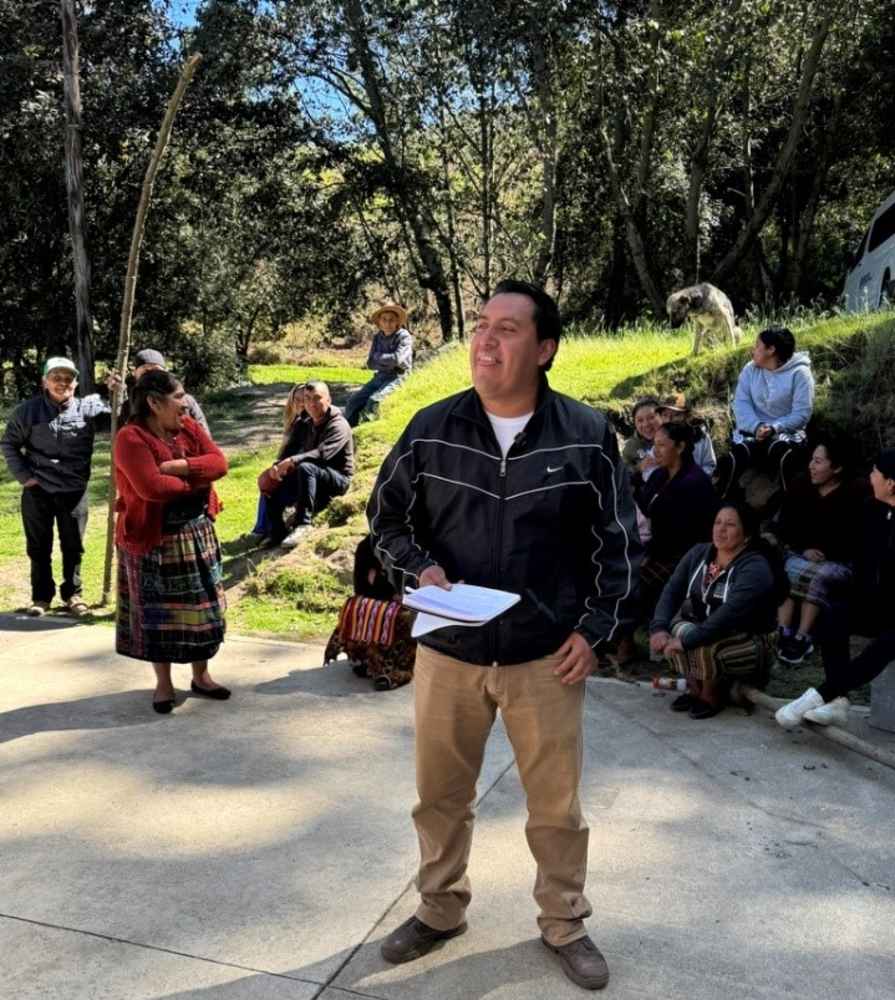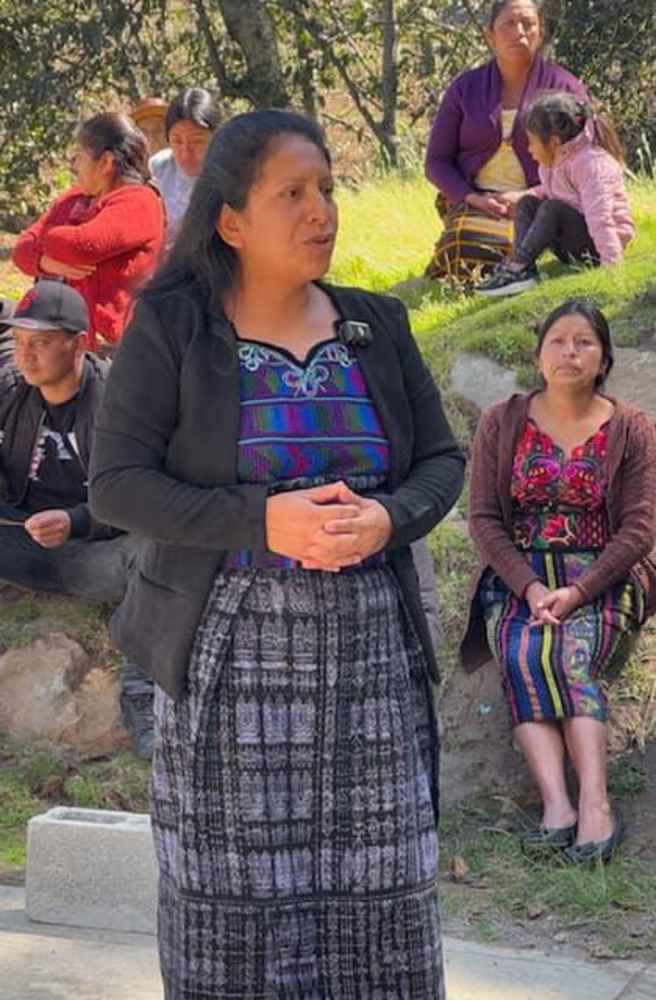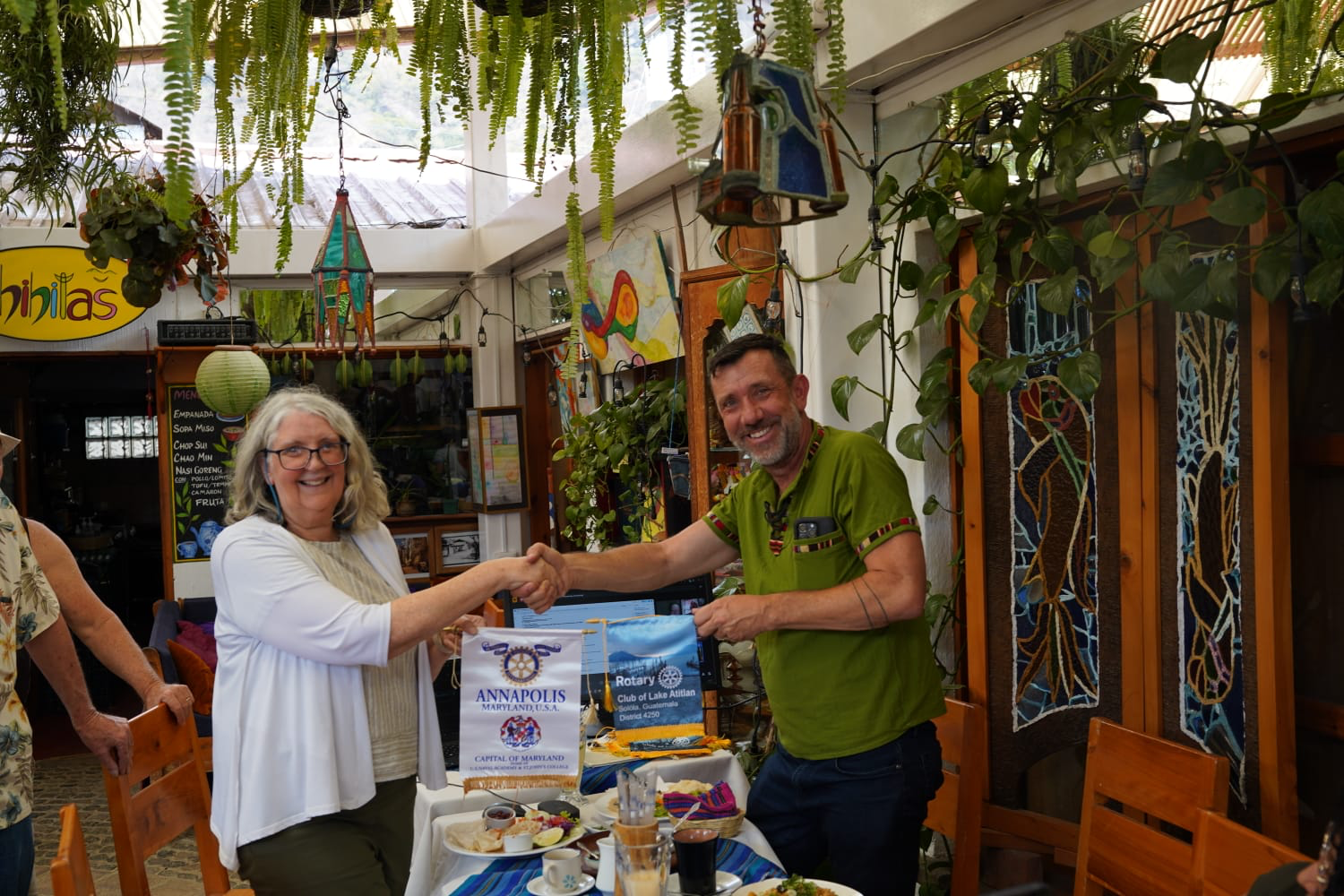Executive Summary: Teacher-Training Program for Primary School Teachers in early grade reading using the USAID Centers for Excellence in Teacher Training (CETT) Model
Country: Ecuador
Project Type: Education in primary schools in the Quito metropolitan district, evaluated by the Ministry of Education, Ecuador and executed by the University Andina Simon Bolivar
Target Population: 60 Teachers from marginalized areas, 15 schools
Beneficiaries: Over 3,000 primary school children
Global Grant #25003: Approved by The Rotary Foundation on 10 November 2010 for $61,375 (Pilot Project)
Host Club: Quito Occidente Rotary Club
International Club: Annapolis Rotary Club
Contributing Clubs: Bethesda Chevy Chase Rotary Club, Washington DC Rotary Club, Capitol Hill Rotary Club, Greenbelt Rotary Club, Bladensburg Rotary Club, Woodlawn-Westview Rotary Club, Dover Capital City Rotary Club, Camden Wyoming Rotary Club
Contributing Districts: Rotary Districts 7620 and 7630
Cooperating Organizations: The Rotary Foundation, The Organization of American States, the University Andina Simon Bolivar, the Ministry of Education (Ecuador), the International Reading Association
Contact person(s): Rachael Blair, District 7620 Grants Chair
Proposed Literacy Initiative in the Americas
How can Rotary International leverage its current partnerships and attract a rigorous and innovative public/private sector collaboration in the promotion of child literacy throughout the Americas?
With 32,000 rotary clubs worldwide in over 200 countries and with over 1.2 million strong, Rotary International would like to strengthen its impact on child literacy by creating sustainable literacy training programs with the enthusiasm of strategic partners who will offer the following:
• in particular, the elevation/promotion of female children as individuals who have an inalienable right to education
• technical expertise
• cost sharing
• support through advocacy groups
• performance and professionalism rewards
• effective evaluation of programs
• motivational approaches (tie in with the “child experience” through artistic expression, creating the professional development of teachers who are well trained, well equipped and self confident)
• integration and coordination of educational systems
• installation of libraries and classroom reading nooks
• targeted messages through marketing, public relations that are culturally sensitive and have national appeal (e.g., The Future of our Economy depends on the Quality of our Education, Increasing Access to Education is a Key Step to Future Development, Before you can be Altruistic you Need to Know Yourself, Children who Read are more Creative and Curious, Spreading Understanding and Familiarity, Make our Families Strong)
• the enhancement of human rights
Once the pilot project in Quito has been evaluated (February 2011), we propose to take this program nationwide and then target other countries in the Americas until all of the OAS member states have received the full literacy teacher-training program. We anticipate a nationwide approach lasting 4 years and requiring a multi-million dollar investment. After 4 years, it is hoped that the program will have reached a sustainable existence with the in-country public/private sector.
Teacher-Training (CETT) highlights
• In CETT schools, the majority of children are able to read in first grade. In second grade they are able to produce texts (stories, letters that they share with peers from neighborhood schools, recipes for local meals, etc.) This is in dramatic contrast to non-CETT schools, where students often cannot read even at the end of third grade.
• The Andean CETT is providing small libraries to classrooms and materials to support learning processes.
As stated by JBS International, the company hired by CETT to analyze performance measurement and management, “The private sector’s involvement is critical in ensuring that every child learns to read. Companies exert tremendous efforts in the area of primary education and literacy training. Companies adopt schools, provide special programs for children of their employees, encourage employee mentoring and volunteerism in disadvantaged schools, promote “stay-in-school” programs, and much more. Partnership between CETT and the private sector will bring new force and advocacy to the fight against child illiteracy. Corporations and governmental organizations working together for child literacy can deliver a strong message that a well-educated population is the cornerstone of personal, social and economic development.”
Any effective literacy program requires the utilization of local resources, regional input and indigenous knowledge. These markers will create the innovation required to maintain a sustainable literacy ethos.
Prepared by Rachael Blair – 8 January 2011 – Annapolis Rotary Club – 443 716-6917























































